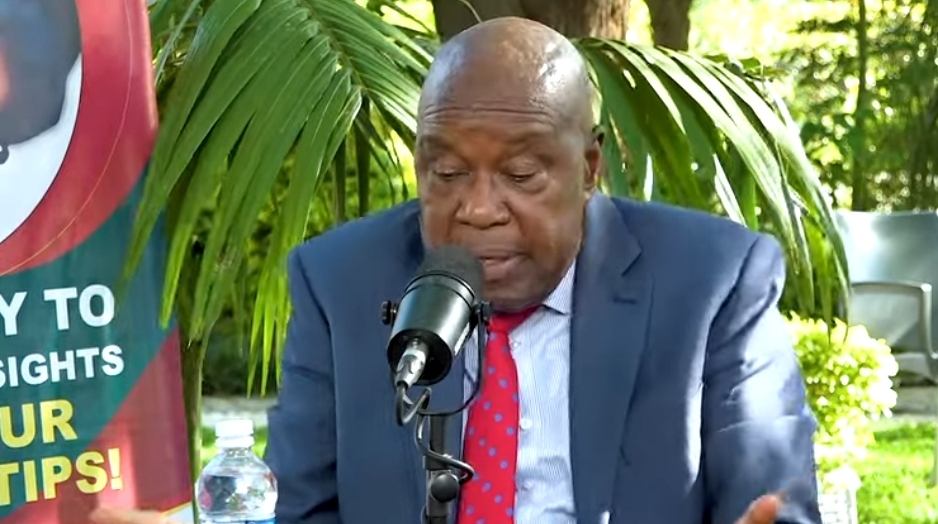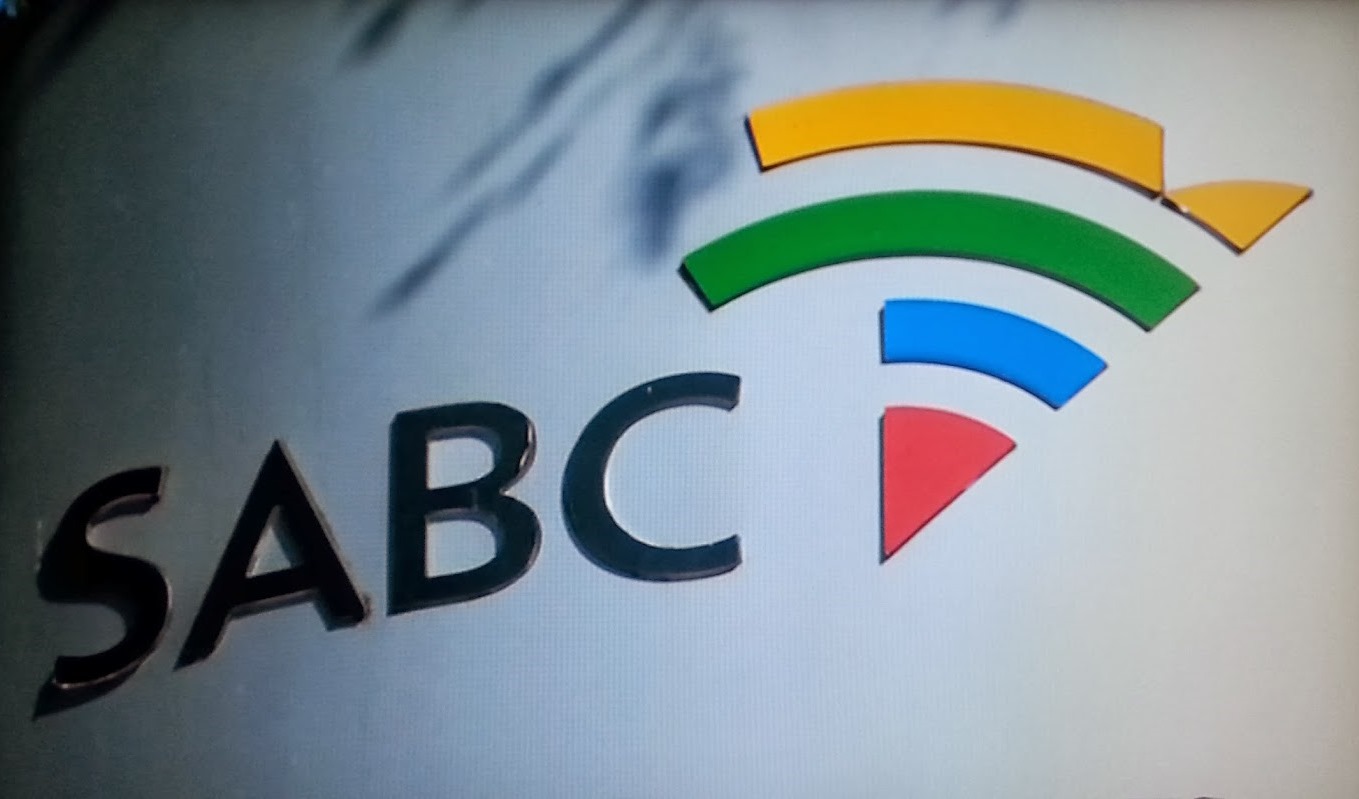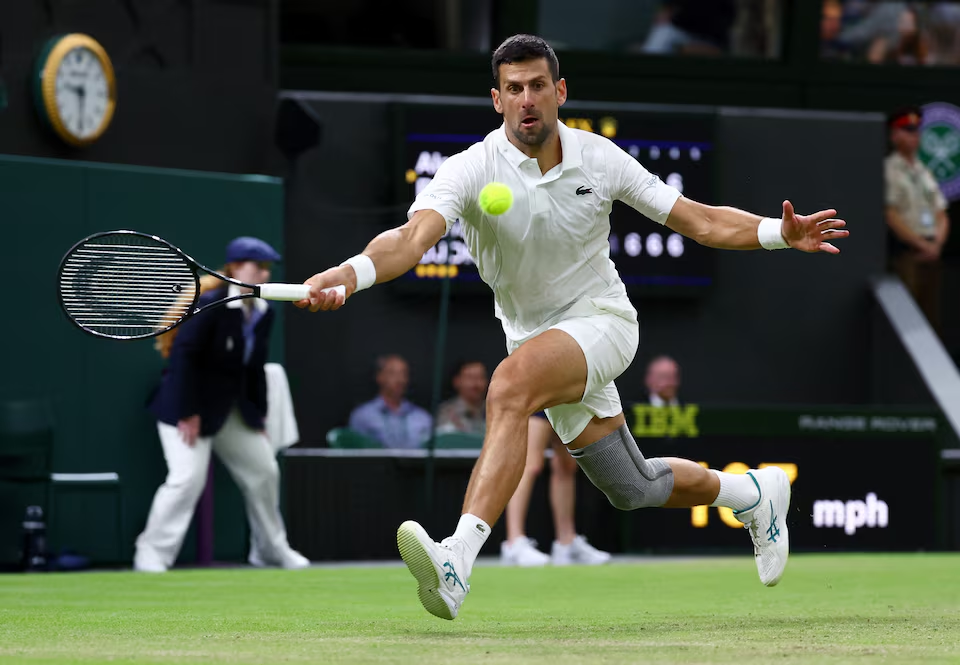Mutsvangwa and His Liberation War TikTok: Kerina
Zimbabwe’s political discourse has been ignited by recent sharp critiques of Christopher Mutsvangwa, the ZANU PF Spokesperson, from prominent figures such as Kerina Mujati and former ZANU PF Commissar, Saviour Kasukuwere. Their comments have fueled a national conversation about the legitimacy of historical narratives, leadership credibility, and the ethical responsibilities of those in power.
Kerina Mujati’s Accusations.
video below
Kerina Mujati, a political commentator, launched an impassioned critique of Mutsvangwa on social media, accusing him of fabricating his war credentials. She alleged that Mutsvangwa, despite positioning himself as a key figure in Zimbabwe’s liberation struggle, never participated in combat or played a significant frontline role. Mujati labeled him a “delusional War DJ” and a “bogus war vet,” contrasting his purported contributions with those of notable figures such as Constantine Chiwenga and Joice Mujuru.
Additionally, Mujati accused Mutsvangwa of spreading misinformation and using historical revisionism to bolster his political ambitions, which she dismissed as unattainable. Her remarks reflect broader concerns about the manipulation of liberation narratives by politicians seeking personal gain.
Saviour Kasukuwere’s Intervention
Former ZANU-PF heavyweight Saviour Kasukuwere added his voice to the controversy, focusing on Mutsvangwa’s recent interview with Zfn. Kasukuwere criticized the interview as “damaging to the struggle for independence” and accused Mutsvangwa of undermining women’s contributions to the liberation movement. He described the content of the interview as scandalous, citing unverified claims that cast doubts on prominent figures such as General Solomon Mujuru and Vice President Constantine Chiwenga, as well as speculation about the death of Herbert Chitepo.
Kasukuwere also highlighted what he called Mutsvangwa’s “corrupt relations” with foreign companies, accusing him of attempting to exploit Zimbabwe’s resources. Furthermore, he claimed that Mutsvangwa had been prevented from turning Cabinet into a “dealing room” for personal gain, a direct critique of his ethics and leadership.
Broader Implications of the Debate
The allegations by Mujati and Kasukuwere tap into a larger narrative about the politicization of Zimbabwe’s liberation history. The war for independence, a defining moment in the country’s history, is often invoked by leaders to legitimize their authority. However, as accusations of historical embellishment and personal profiteering emerge, the credibility of such narratives is increasingly being called into question.
The role of women in the liberation struggle, highlighted by Kasukuwere, is another critical issue. His condemnation of Mutsvangwa’s alleged dismissal of women’s contributions reflects ongoing struggles for gender equity and recognition within Zimbabwe’s political and historical narratives.
Silence from the Accused
At the time of writing, Christopher Mutsvangwa has not responded to these allegations. His silence could be interpreted in various ways—either as a strategy to avoid escalating the controversy or as an indication of an inability to counter the claims. Regardless, his lack of response has left the accusations unchallenged in the public domain, fueling speculation and further damaging his credibility.
Social Media as a Battleground
This debate underscores the role of social media in shaping political discourse in Zimbabwe. Platforms like Twitter have become arenas for public accountability, where politicians and commentators alike share unfiltered opinions. While this democratization of dialogue allows for robust debate, it also raises concerns about the spread of unverified claims and the potential for personal attacks to overshadow substantive issues.
Conclusion
The critiques leveled against Christopher Mutsvangwa by Kerina Mujati and Saviour Kasukuwere illustrate deep divisions within Zimbabwe’s political establishment. These accusations highlight the fragility of liberation war narratives and the challenges of preserving historical integrity in a polarized political environment. As public discourse continues to evolve, the importance of accountability and transparency in leadership cannot be overstated.
Mutsvangwa’s response—or lack thereof—will undoubtedly shape the next phase of this unfolding story. For now, the allegations remain a critical flashpoint in Zimbabwe’s ongoing reckoning with its past and the conduct of its present leaders.
Related
#Mutsvangwa #Liberation #War #TikTok #Kerina #ZimEye



